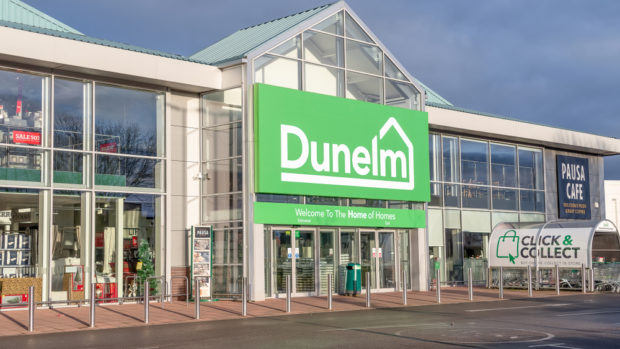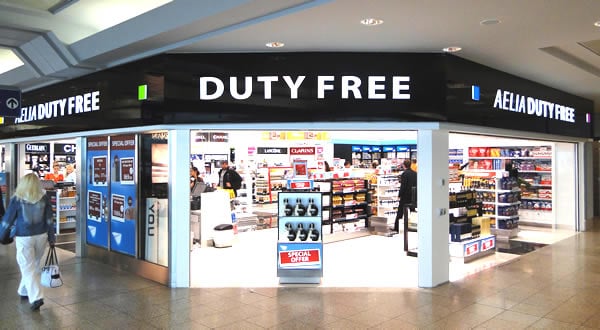
Adyen has published economic research that finds that retailers could potentially add £169 billion in revenue to the sector in the UK if they switched to a unified commerce approach and stopped operating in silos.
The economic analysis conducted by the Centre for Economic and Business Research (Cebr) found that unified commerce gave retailers a 16 percentage point boost to their growth rate in 2022.
Adyen commissioned Opinium to poll 2,000 consumers and Censuswide to poll 500 businesses in the UK to understand how inflation is affecting behaviour among shoppers and how businesses are adapting to this change. Economic modelling by the Cebr shows how global unified commerce, which involves connecting online and offline payments in one system, supports greater retail resilience in a challenging operating environment.
More than half of UK consumers (62 per cent) said they spend more time searching for the best deals and prices because of the current financial climate, while a quarter (25 per cent) said they spend more time evaluating the quality of a product before making a purchase. In response, 43 per cent of businesses believe the impact of inflation means they need to offer discounts to consumers year-round.
The research found that, in the face of the rising cost of living, personalisation and loyalty have become increasingly important to consumers. More than half (53 per cent) want to see more personalised discounting from retailers. And 31 per cent say they want businesses to remember their preferences and previous shopping experiences so that browsing is more tailored. Retailers are finding it hard to deliver on this, with 48 per cent suggesting it’s now harder to categorise customers.
The tech advantage
More than half (57 per cent) of consumers say that they’d be more loyal to retailers that let them buy online and return in-store, and almost a third (31 per cent) suggested they’d have better shopping experiences if a business enables them to shop in-store and finish online or vice versa.
Further, when consumers were asked about how technology makes them feel when shopping in-store, the result was positive. Almost a third (29 per cent) said they were happier because shopping was quicker. And 16 per cent said it meant they were able to visit the store more frequently.
Despite the findings, the business research uncovered that just 14 per cent of businesses in the UK have already invested in unified commerce. This compares to 44 per cent beginning to invest and 28 per cent in the consideration phase.
“Consumer behaviour has evolved over the last few years, and the decisions businesses make now around tech investment have critical outcomes,” said Alexa von Bismarck, President, EMEA at Adyen. “Our research highlights how the use of technology and, in particular, unified commerce, can support businesses. It gives them a more agile, sophisticated approach that helps them to understand customer trends and shifting demands.”
“Customers expect a personalised and data-driven experience both online and in physical retail spaces. Unified commerce unlocks the power of data by streamlining information into one central platform where insights can be easily accessed. It gives a powerful overview of customers so that their expectations can be met when shopping. Organisations in the retail sector are operating in one of the fastest-paced industries on the planet. And technology has proven its significance in ensuring operations are resilient in the current environment.”








Share